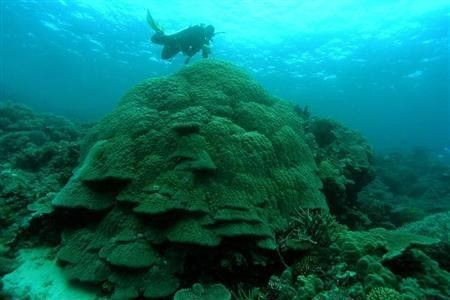Australians Consume More Resources Than Japan and US; Green Energy Investments 'Collapsing'

Australia's environment has been described as "going backwards" by the Australian Conservation Foundation. According to the green alliance, nearly half of the country's terrestrial ecosystems are under threat, while 85 percent of rivers are found to be altered.
In a report prepared by 42 environment groups titled "The Australia We Love," twice as many Australians have died from air pollution every year compared to road accidents. Kelly O'Shanassy, chief executive of the Australian Conservation Foundation, remarked that Australia's ecosystems are "gradually dying."
The latest state of the environment report comes ahead of World Parks Congress, an event for the International Union for Conservation of Nature to be held in Sydney on Nov 13. Federal and state governments are expected to use the event to highlight their contributions to the environment, including government spending on national parks to prevent deforestation, SMH reports.
The report also contained the mounting environmental stresses due to an increasing population and diminishing resources. The green alliance noted that Australia consumes more resources per capita compared to other wealthy countries like the United States and Japan. The Australian population is expected to double by 2061. O'Shanassy remarked that if all people will live like Australians, the world would "need four planets."
The green alliance has reiterated that the effects of climate change will only intensify as evident in prolonged heatwaves in Australia. It was previously reported that rainfall for winter and spring is set to decline that may lead to an increase in risk of bushfires.
Australia's Great Barrier Reef has already lost half of its coral cover since 1985. The report predicts it will lose what remained of the cover if temperatures will continue to increase two degrees above pre-industrial levels. The Bureau of Meteorology has reported that Australia's mean temperature has increased 0.9 degrees in the last century and 0.7 degrees since 1960.
The green alliance also found that while some environmental problems have been addressed like the global effort to reduce ozone depletion and the campaign for cleaner air, about 3,000 people continue to die from urban air pollution every year.
The Climate Council has reported that Australia is losing renewable energy investments overseas. Industry insiders claim the country's renewable energy sector is on the verge of collapse because of an "immature" environmental politics. In its latest report, renewable energy investments have dropped 70 percent over the past 12 months.





















